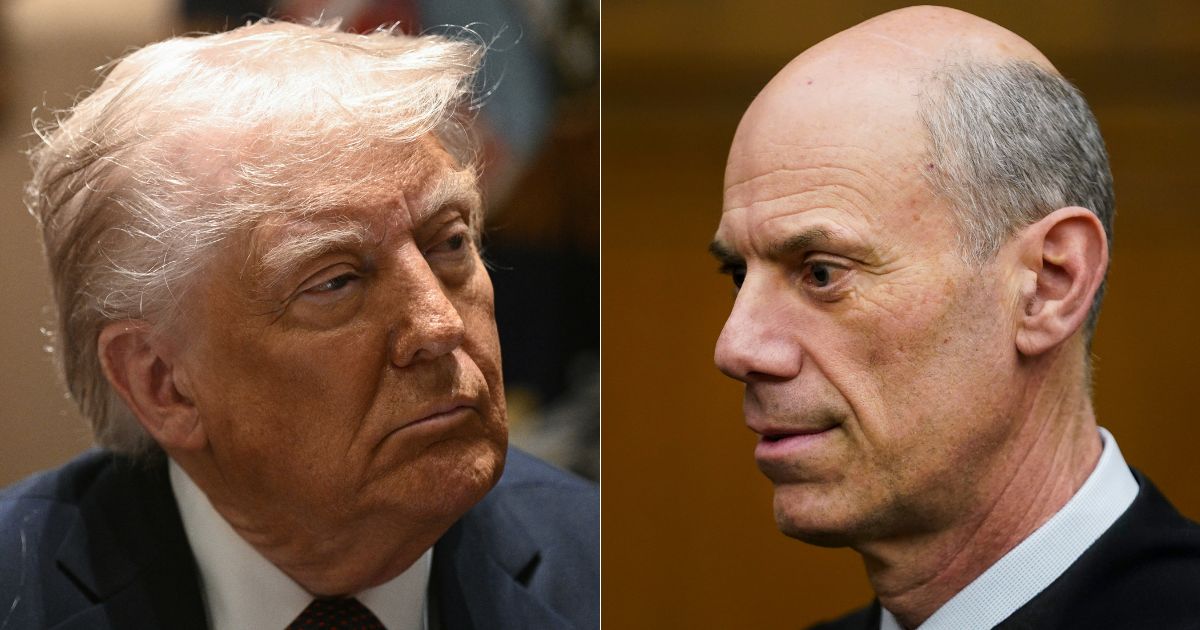SCOTUS Reaffirms Constitutional Right To Trial By Jury
The U.S. Supreme Court confirmed the constitutional right to a jury trial in a 6-3 decision in the case SEC v. Jarkesy. The ruling emphasizes that individuals accused by the Securities and Exchange Commission (SEC) of fraud are entitled to be judged by a jury of their peers. Chief Justice John Roberts stressed the necessity for separation of powers, criticizing any setup where the roles of prosecutor, judge, and jury are combined within the executive branch, contrary to constitutional mandates. Justice Sonia Sotomayor, in dissent, expressed concerns that this decision undermines the administrative state, which she believes plays a vital role in upholding the rule of law.
The Supreme Court affirmed the constitutional right to trial by jury on Thursday in a decision kneecapping the administrative state’s ability to go around throwing people in jail with no checks.
The high court ruled 6-3 in SEC v. Jarkesy that individuals accused by the SEC of fraud have a constitutional right to a trial by jury.
“A defendant facing a fraud suit has the right to be tried by a jury of his peers before a neutral adjudicator,” Chief Justice John Roberts wrote for the majority. “Rather than recognize that right, the dissent would permit Congress to concentrate the roles of prosecutor, judge, and jury in the hands of the Executive Branch. That is the very opposite of the separation of powers that the Constitution demands.”
Justice Sonia Sotomayor, dissenting, lamented that the ruling would hinder the administrative state.
“Litigants seeking further dismantling of the ‘administrative state’ have reason to rejoice in their win today, but those of us who cherish the rule of law have nothing to celebrate,” Sotomayor wrote, adding that a “scheme like the SEC’s” is “good” because apparently letting the government serve as both the jury and prosecutor can result in “greater efficiency and expertise, transparency and reasoned decisionmaking.”
Notably, the majority cited a 1957 Supreme Court case that found the right to a trial by jury is to protect individuals “against the passing demands of expediency or convenience.”
The case was brought forward by hedge fund manager George R. Jarkesy, who was charged for alleged violations of the Dodd-Frank Act. The SEC, per the Supreme Court, “may bring an enforcement action in one of two forums” by either filing a suit in federal court or adjudicating the matter in-house. A jury is used in cases that go to federal court. The SEC chose to charge Jarkesy and his firm, Patriot28, in-house, which led to a $300,000 civil fine.
A panel for the 5th U.S. Circuit Court of Appeals threw out the financial penalties against Jarkesy and his firm, ruling the case should have been heard in federal court rather than before the SEC’s in-house judge.
The appeals court also found Congress acted unconstitutionally when it gave the SEC “unfettered authority” to decide whether to try a case in-house or in a court of law, finding that adjudicating the matter in-house violated the Seventh Amendment right to a trial by jury. The SEC then appealed to the Supreme Court.
Brianna Lyman is an elections correspondent at The Federalist.
" Conservative News Daily does not always share or support the views and opinions expressed here; they are just those of the writer."





Now loading...